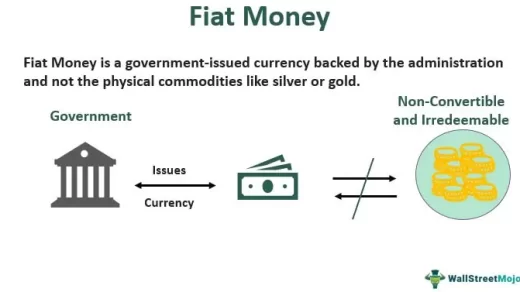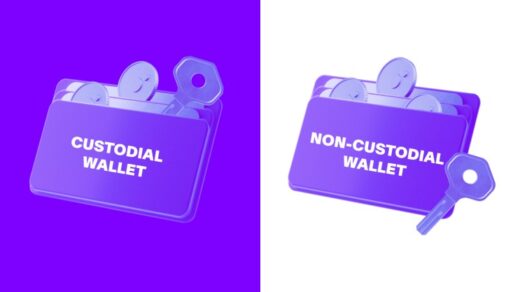The Virtual Assets Act 2022 in Botswana introduces a framework to regulate various aspects of the virtual asset landscape. Central to this regulation is the definition of “distributed ledger technology.” This article delves into the intricacies of this definition as outlined in the Act, shedding light on the significance of distributed ledger technology in the context of virtual assets.
Understanding “Distributed Ledger Technology”:
- Virtual or Digital Ledger:
- The core of distributed ledger technology lies in its definition as a virtual or digital ledger. Unlike traditional ledgers, which are centralized and maintained by a single entity, a distributed ledger is virtual, residing in digital form. It serves as a decentralized and tamper-resistant record-keeping system.
- Consensually Shared and Synchronized:
- Distributed ledger technology operates on the principle of consensus. Data recorded on the ledger is consensually shared and synchronized across a network of multiple nodes or sites. Each participant in the network agrees on the validity of transactions, ensuring a shared and consistent view of the ledger.
- Accessible by Multiple Persons:
- A key feature of distributed ledger technology is its accessibility. The ledger is designed to be accessed by multiple persons or entities within the network. This inclusivity promotes transparency and allows for real-time verification of transactions by participants.
- Distributed Ledger Technology Platform or Software:
- The definition extends to include not only the ledger itself but also the encompassing technology infrastructure. This involves the distributed ledger technology platform or software program. These platforms operate on a blockchain or similar technology, providing the tools and environment for recording and managing virtual asset transactions.
- Operating on a Blockchain or Similar Technology:
- The Act explicitly acknowledges that distributed ledger technology includes platforms or software programs that operate on a blockchain or similar technology. This recognition aligns with the widespread use of blockchain as a foundational technology for distributed ledgers in the virtual asset space.
Conclusion:
In conclusion, the definition of “distributed ledger technology” in Botswana’s Virtual Assets Act 2022 encapsulates the essence of decentralized, consensual, and accessible record-keeping. By including platforms operating on blockchain or similar technologies, the Act acknowledges the diverse technological landscape underpinning virtual assets. As Botswana takes strides in regulating this dynamic sector, a clear understanding of distributed ledger technology becomes paramount for stakeholders navigating the virtual asset ecosystem.




